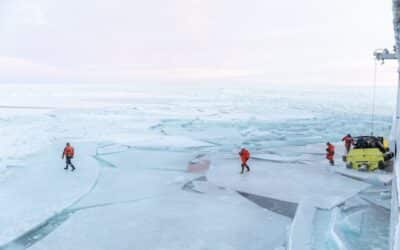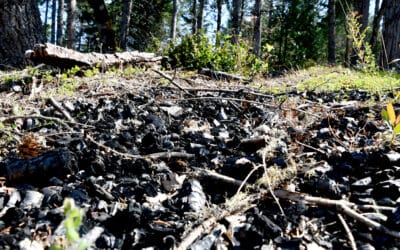New ETC Group briefing for delegates at SBSTTA 26
In a wave of “blue carbon” hype, oceans and coastal areas are increasingly pitched as tools to fight global warming. Around the globe dozens of new projects are projected to increase the ocean’s capacity to absorb CO2 with a view to selling the carbon credits generated commercially.
Marine geoengineering proposals include reviving ocean fertilization techniques (under the guise of new names); spreading synthetic reflective beads over Arctic areas; brightening marine clouds; establishing mega plantations of algae monocultures; sinking huge amounts of minerals to change ocean chemistry; and sinking large volumes of organic material and biomass into the seas to supposedly absorb carbon.
Despite these false promises, all those projects are experimental and speculative in nature, and none are proven to have any real effect on climate change. At the same time, they may damage complex and fragile ecosystems and food chains and destroy traditional livelihoods.
With its new briefing, ETC Group urges the CBD to ensure the implementation of its precautionary decisions on geoengineering, which called for a moratorium on the deployment of all geoengineering activities until a set of conditions are met. None of these conditions are in place.
The CBD should also recognize the ongoing work at the London Protocol / London Convention which recently issued a cautionary statement about four geoengineering technologies, stating that they had the “potential for deleterious effects that are widespread, long-lasting or severe” and that “there is considerable uncertainty regarding their effects on the marine environment, human health and other uses of the ocean.”
The threat of new sources of carbon credits being included in the UNFCCC new carbon market regime makes it even more urgent for the CBD to act against marine geoengineering and protect coastal biodiversity.



